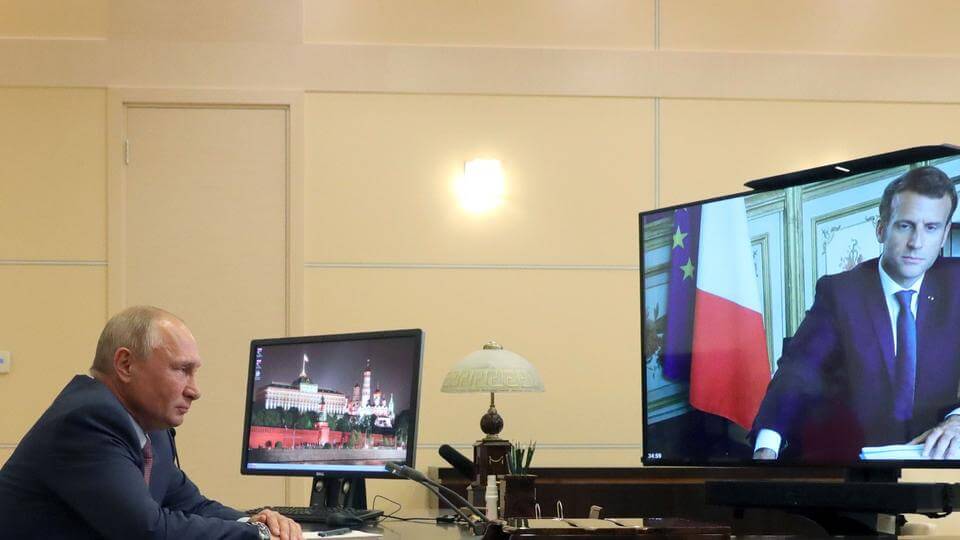On Saturday, Libya’s permanent representative to the United Nations (UN), Taher el-Sonni, called for the European Union (EU) and the United States (US) to impose sanctions and freeze the assets of Russian mercenaries and similar actors who have been involved in exacerbating the conflict in the country.
According to Libya’s National Oil Corporation (NOC), mercenaries from Russia’s Wagner Group along with other foreign fighters, forcibly entered the Al Sharara oil field on Friday, in an apparent attempt to sabotage the resumption of the field’s oil production. More than 300,000 barrels of crude are produced at Al Sharara every day, accounting for almost one-third of the country’s total production.
Even though Libya houses Africa’s largest oil reserves, a blockade by renegade General Khalifa Haftar’s forces, beginning in January, had prevented companies from exporting oil, leading to over $6 billion in lost revenue to the Corporation. On 7 June, the hiatus was lifted. Mustafa Sanalla, Chairman of the NOC, said, “While foreign mercenaries continue to be paid vast sums of money to prevent the NOC from carrying out its essential duties, the rest of the Libyan population suffers.”
The US Embassy in Libya on Friday condemned the Wagner Group’s occupation of the oilfield, and deemed the move “an unprecedented foreign-backed campaign to undermine Libya’s energy sector”. The Kremlin has consistently denied the use of private military contractors in its interventions abroad.
See also: Russian Mercenaries Evacuate Libya, US Accuses Moscow of Sending Warplanes to Haftar
Libya has been engaged in a civil war between the Tripoli-based and UN-recognized Government of National Accord (GNA) and Haftar’s Libyan National Army (LNA) since the latter launched a full-scale offensive against Tripoli in April 2019. Turkey backs the GNA and has deployed troops in the country since April in a military cooperation deal, and is the government’s primary and most important ally in its fight against the rebels. On the other hand, the LNA has been backed by the United Arab Emirates (UAE) and Egypt, apart from Russia.
Some of the biggest hurdles to conflict resolution in the war-torn country have been due to the proxy involvement of several countries and the continued flow of arms, despite a UN embargo. Most recently, it was revealed that hundreds of Syrian and Russian mercenaries from the Wagner Group were fighting alongside the LNA and were evacuated from Tripoli as tensions began to exponentially escalate.
Hanan Salah, an expert from the Human Rights Watch, has also said that, although ceasefire violations have been committed by both sides, the majority have been committed by Haftar’s forces and the Wagner Group, a Russian paramilitary organization. She further added that although the UN has made arms sanctions efforts in Libya, they are bound to fail if Security Council members and their allies breach the regime.
“Since UN Sec Council failed to sanction individuals/mercenaries as Wagner/Haftar and others, who violate all resolutions, US/EU should take such actions and freeze assets as any terrorist organisation and hold who finance them accountable,” el-Sonni wrote on Twitter.
On 26 June, Russian President Vladimir Putin and his French counterpart Emmanuel Macron reportedly discussed the crises in Ukraine, the Balkans, Syria, and Libya.
Image Source: TRT World

